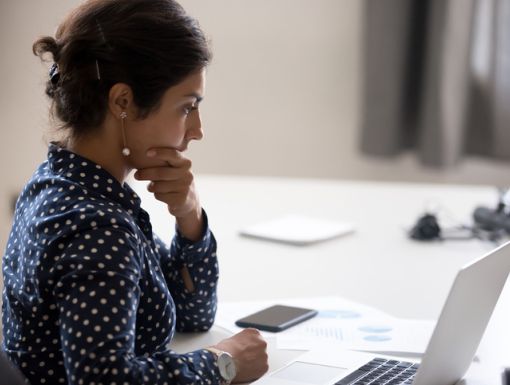
How Social Distancing Can Help Prevent the Spread of Coronavirus
As cases of coronavirus in the United States spread, many people are unsure about which activities to participate in – or which ones are being canceled/postponed altogether. Major events such as Coachella in California and French Quarter Fest in New Orleans have already been postponed to the fall.
Recent precautions from the CDC urged people over the age of 60 and those with chronic medical conditions to avoid crowds. However, people of all ages should consider social distancing to prevent (or slow) the spread of infection to themselves or others, especially people who might have compromised immune systems or the elderly. So, the question remains, should YOU cancel upcoming events such as weddings, parties, birthdays and cookouts? The short answer is: You should at least consider it.
How is Coronavirus Spread?
COVID-19 is believed to be spread by respiratory droplets when someone coughs or sneezes. Person-to-person infections typically happen in close contact (about 6 feet or closer). New information also indicates that the virus could be passed from person to person through community spread. Community spread is when a patient is infected without a relevant travel history or without known contact to another infected patient.
How Does Social Distancing Work?
By limiting social activity, you limit exposure to potentially infected people and crowds. Protective measures, such as canceling events, can help slow down the spread of the virus and therefore slow down the rate of an epidemic. This ideology is called “flattening the curve.” While this strategy could result in the same number of people getting infected, it will slow the rate of infection and spread cases out over a period of time. In turn, this gives hospitals more capacity to treat those who are infected and helps ensure they have the proper resources like tests, beds, masks, ventilators and staff to care for patients. On the contrary, if a mass amount of people were to be infected in a short period of time, the number of cases would spike and could leave hospitals in a position where there are more cases than it can handle at one time.
What Precautions Can I Take?
While larger events are already being canceled, don’t wait on government officials to do your part to help slow the spread of coronavirus. The latest CDC reports, recommend against gatherings of more than fifty people, however social distancing should be the standard practice always. This includes small groups, close friends and family. If you must come in contact with other people, maintain at least a 6-foot distance between you and the other person.
- Talk to your employer about work-from-home options
- Inquire about online schooling for yourself or your children
- Postpone or cancel nonessential events with large crowds
- Check if tickets you bought for flights, cruises, concerts or other activities can be refunded or exchanged for a voucher to be used at a later time
- If you decide to attend an event, avoid direct contact such as hugging, kissing, shaking hands, high fiving, or eating or drinking after another person
- Stay home if you are not feeling well for any reason
Social distancing is one of the easiest and most effective ways to slow the spread of coronavirus at this time. With more cases expected, it is important to heed the warnings of the CDC and other healthcare professionals. If you develop symptoms including fever, cough or shortness of breath, and you've been in contact with someone or been in an area known to have COVID-19, call Ochsner COVID-19 Info Line at 1-844-888-2772.


